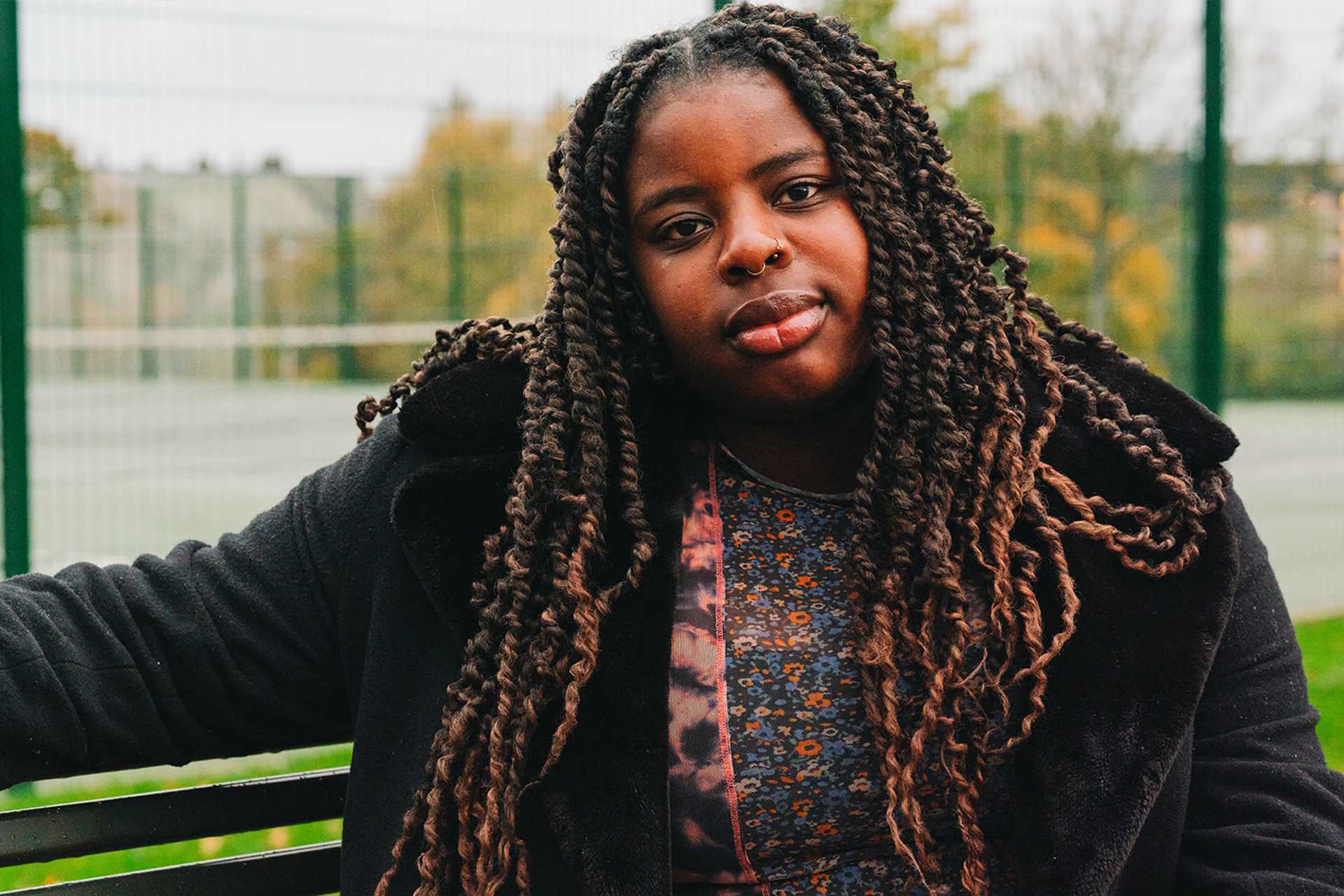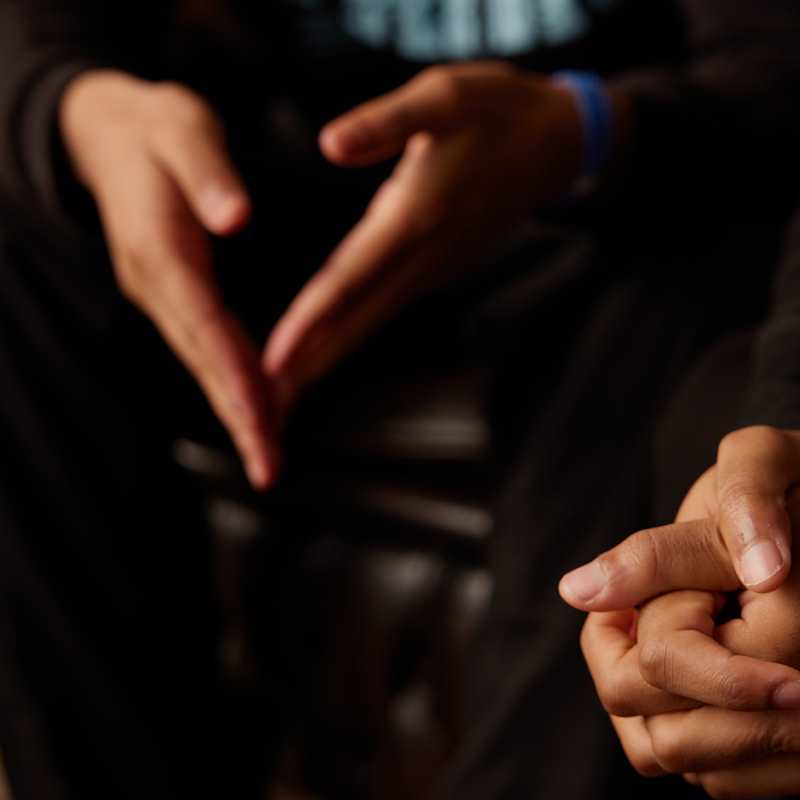Addiction is when you feel like you can’t stop doing something, to the point of it being harmful. Maybe at first doing that thing felt good, and now you want to keep doing it to chase that feeling. Or perhaps you’re chasing a good feeling because you’re going through something tough. But doing this thing over and over again can harm you and make it a difficult habit to break.
When it comes to things like drugs, alcohol, smoking or vaping, the more you use them, the more your body gets used to having these substances in your system. If you’re taking them regularly, you might need more of it to feel the same effects. And if you suddenly stop taking them, you can get withdrawal symptoms that can make you feel quite unwell.
People can also get behavioural or psychological addictions, like gambling, gaming or watching porn. With this type of addiction, you might not get physical withdrawal symptoms, but you could feel strong cravings to do something or spend a lot of time thinking about it.
Whatever addiction you’re dealing with, it’s not your fault. It can happen to anybody, no matter your age, gender, race, culture, faith or anything else. It’s nothing to be ashamed about.
The good news is, addiction is treatable and there are things you can do to help yourself recover. We’re here to help you on that journey.








